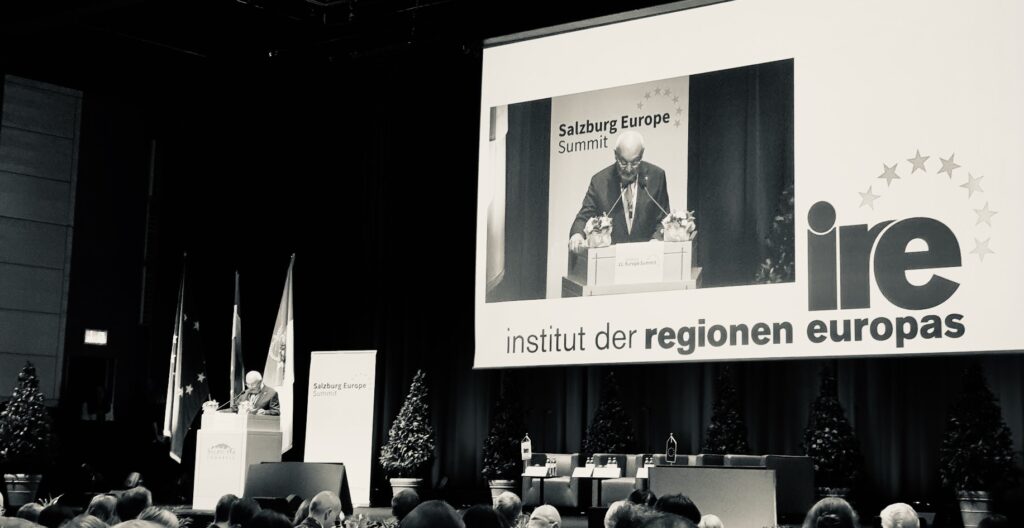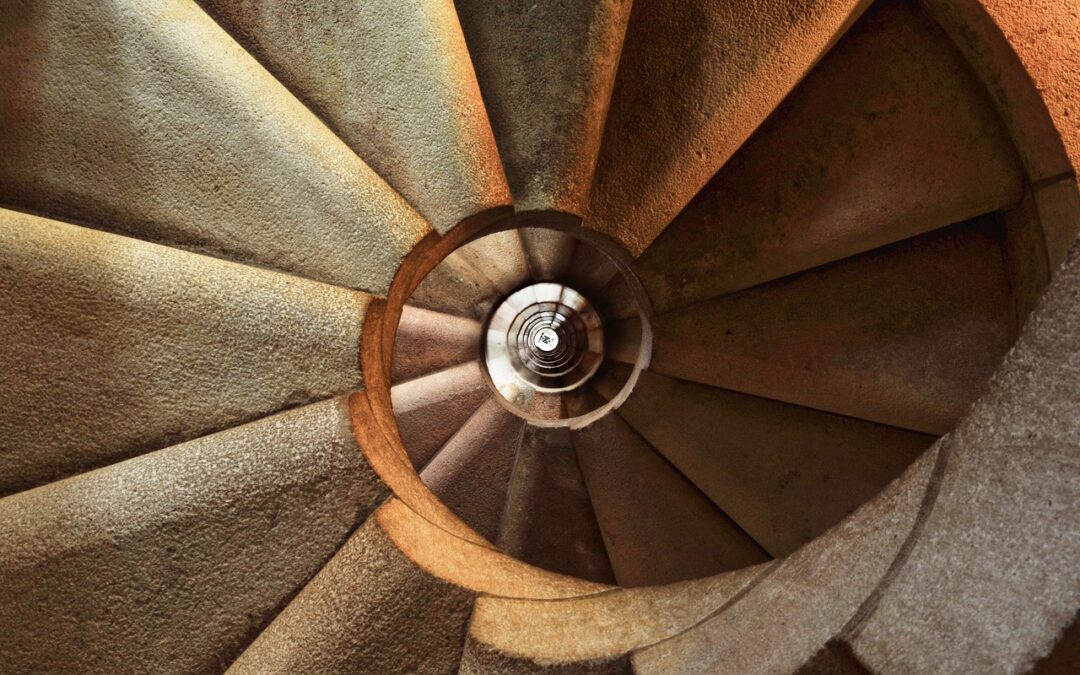The Sustainable Infrastructure Foundation was honoured to participate in the panel discussion on “The Future of the Circular Economy” at the 21st Salzburg Europe Summit, alongside distinguished colleagues from research, industry, and policy.
From SIF’s perspective, it was important to bring in the public sector angle. Principles of a circular economy cannot advance at scale without governments having the right tools to prepare, evaluate, and monitor their infrastructure projects. This is precisely where Source, the multilateral platform for infrastructure project preparation, plays a transformative role.
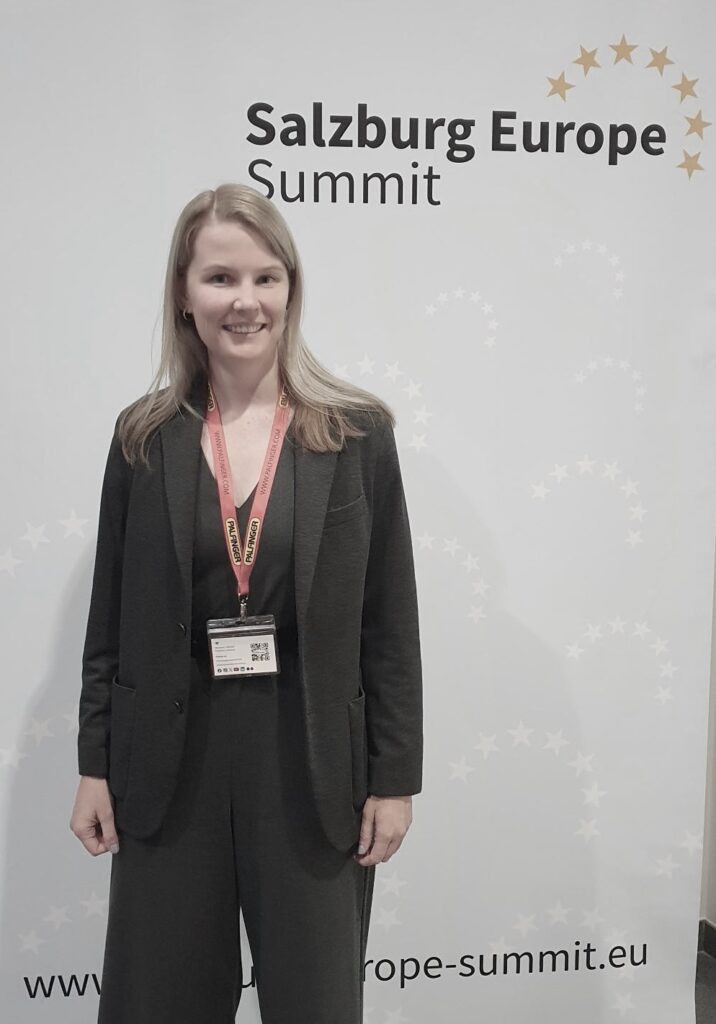
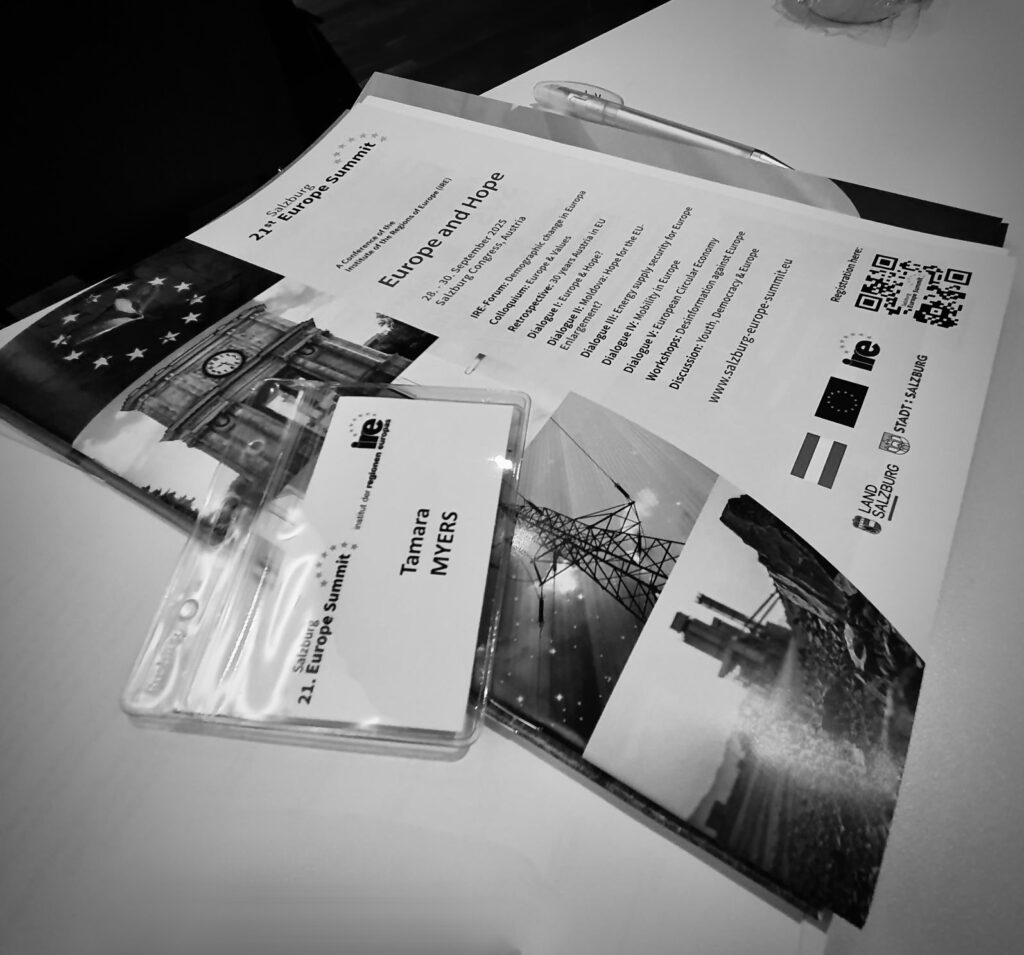
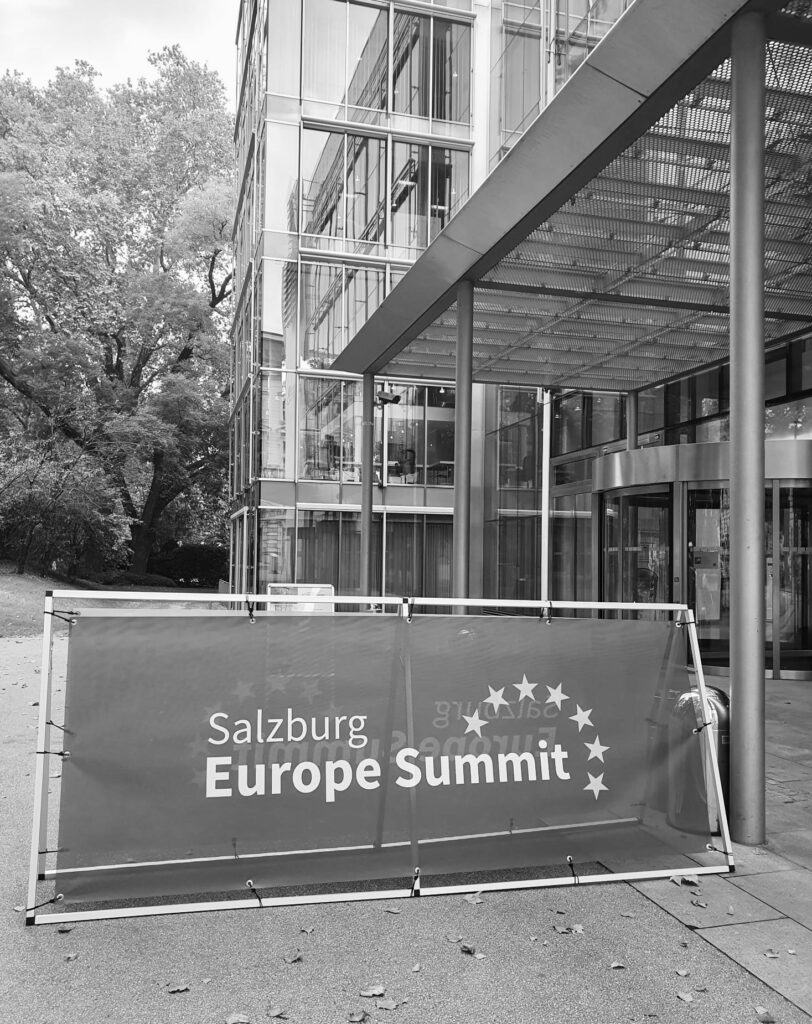
Source supports governments throughout the entire project lifecycle, enabling them to ask the right questions at the right stage. In the context of the circular economy, this means allowing space for innovation, ensuring projects are not just technically feasible but also aligned with long-term sustainability objectives.
One of Source’s most powerful contributions is its ability to help countries track how projects evolve against the Sustainable Development Goals (SDGs). Our motto, “you can only improve what you measure,” (quote from Peter Drucker) is central here: small improvements, measured consistently, are what ultimately lead to achieving the ambitious targets set under the SDGs.
The discussions also highlighted the broader European perspective. The European Green Deal and the Circular Economy Action Plan (CEAP) form the policy backbone for Europe’s transition towards climate neutrality by 2050. The Alpine region, under the framework of the EUSALP Presidency, has a particularly strategic role to play, balancing ecological diversity, industrial strength, and tourism with the need for resilience and innovation.
It was a privilege to exchange ideas with:
- Werner Bakali, Innovation Salzburg GmbH and Bioeconomy Austria
- Sebastian Gann, Director for Sustainability, ZUMTOBEL Group
- Christian Hutterer, Head of Research, AustroCel Hallein
- Christine Vallaster, University of Salzburg
under the skilled moderation of Werner Sejka, Puls 4.
The future of the circular economy will depend on collaboration between public institutions, private sector innovators, and academia. By measuring progress and embedding sustainability at the core of project preparation, SIF believes we can accelerate the transition to a more circular, resilient, and prosperous Europe.
SIF is thankful for having the opportunity to take part in such a fantastic event.
Further information regarding the event can be found here: https://www.salzburg-europe-summit.eu/en-gb/programm#EUSALP2025
